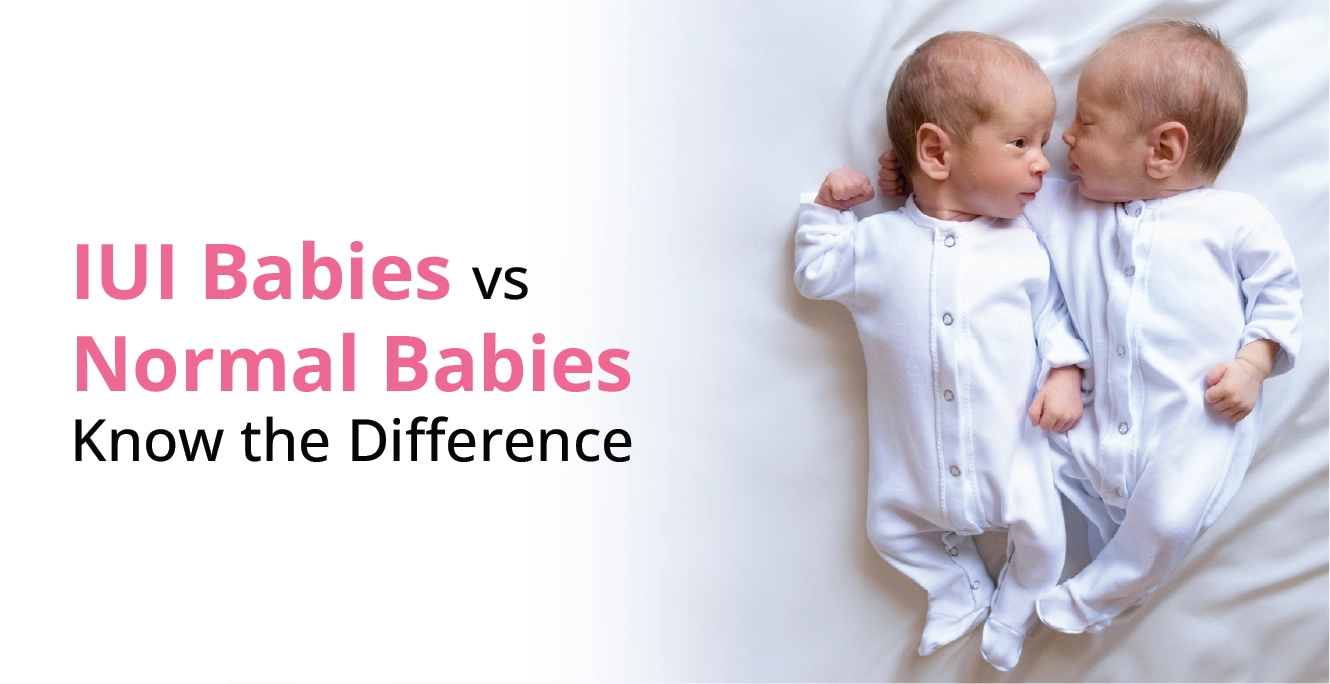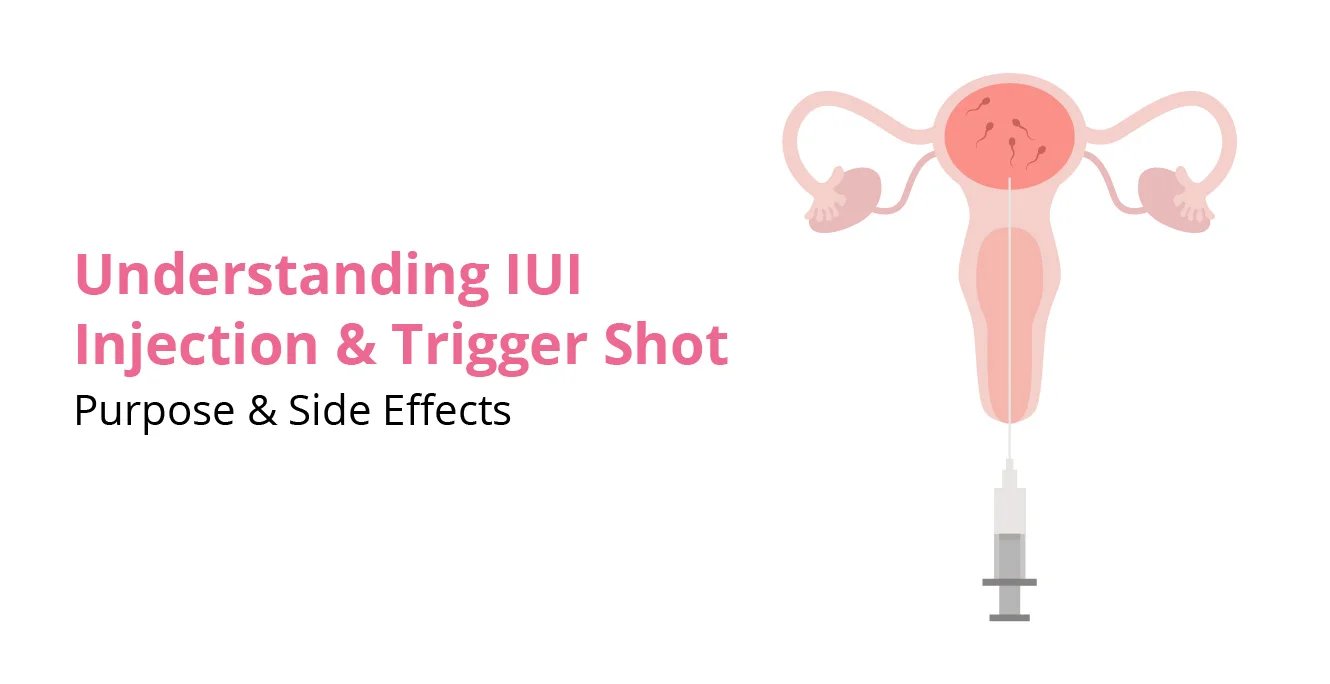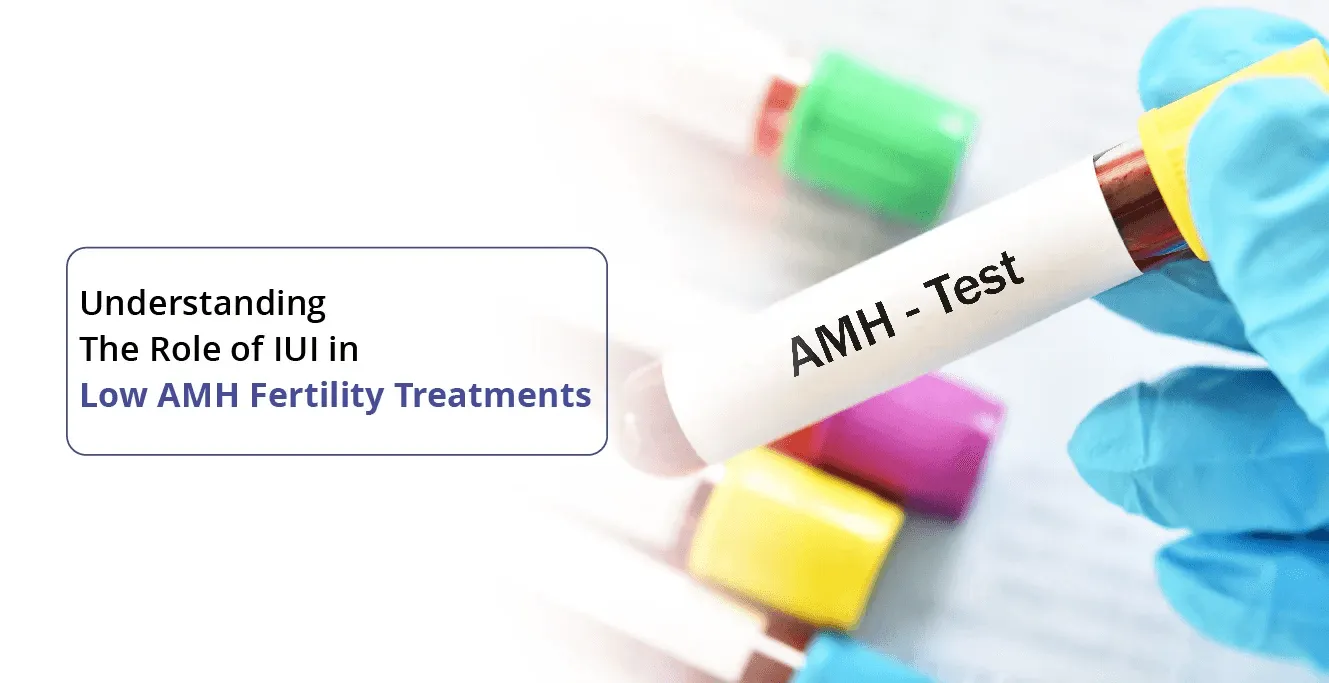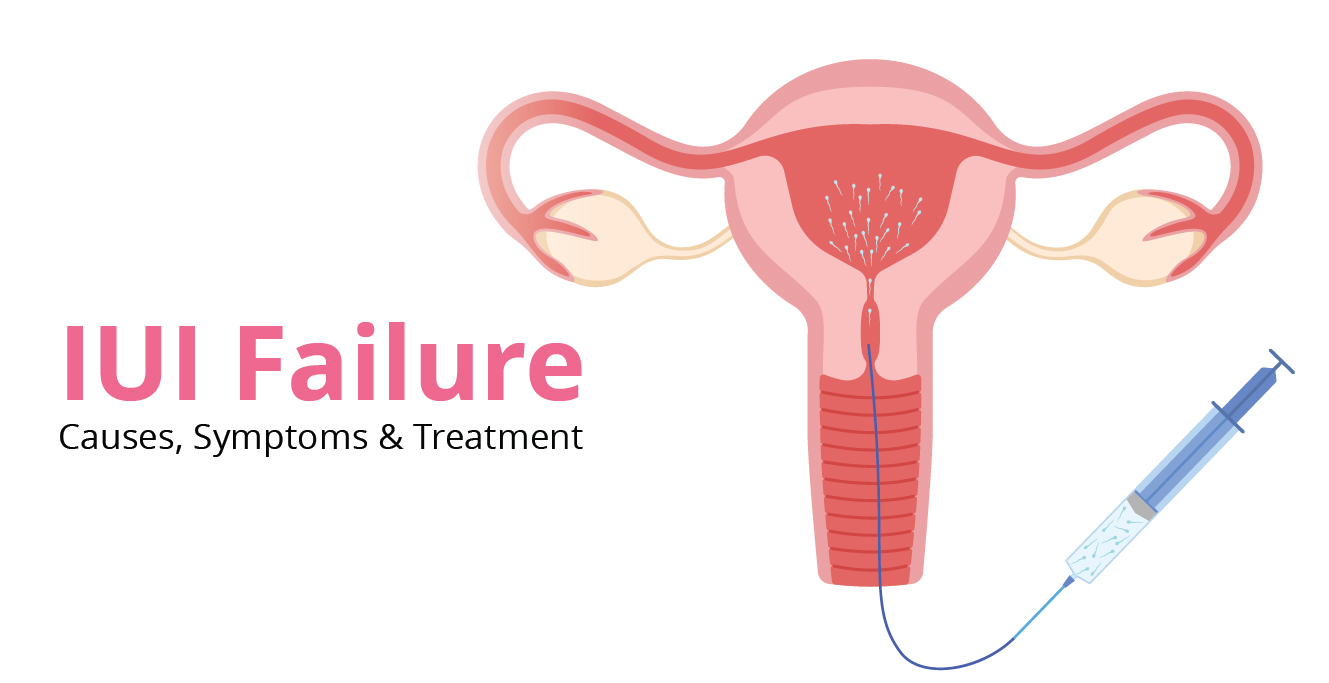
What to Eat After IUI for Success – Foods That Boost Implantation Success

Table of Contents
Today, with advances in medical science, we are moving towards a world where fertility treatments are becoming common day by day. Even though it is still not being discussed openly, people are opting for it to have a healthy baby. One of the most common treatments recommended if you’re facing challenges conceiving is IUI(Intrauterine Insemination). If you have been recommended IUI as per your medical history and infertility, then do not worry. It is completely natural to feel a mix of hope, worry, and anticipation. We are here to guide you through every step.
There are a lot of factors that may contribute towards the success of an IUI process, but one that is mostly overlooked is having a healthy and planned diet. Yes, the food you eat after IUI can also impact the success of the treatment. By nourishing your body with the right foods, you can create an optimal environment for embryo implantation and support your overall reproductive health. In this blog, we will explore the essential foods to eat after IUI treatment, why they are vital, and which foods to avoid to maximise your chances of a successful outcome.
Nutrition and IUI success—what’s the link?
Nutrition is essential for promoting your body’s healing and increasing your chances of becoming pregnant after an IUI procedure. Eating the right meals can help maintain hormonal balance, support uterine health, and increase fertility in general. Let’s see in brief how it helps:
- Fulfills the body’s intake of essential vitamins and minerals necessary for the proper growth and development of the embryo.
- Supports optimal hormone production and regulation.
- Improves the uterine lining with the optimum intake of the right kind of minerals that helps the implantation of the embryo more effectively.
- Maintains a healthy body weight, which can improve IUI success rates.
- Boosts the energy levels after emotional drain because of infertility issues.
What to Eat After IUI for Successful Implantation
When planning your meals after your IUI procedure, focus on incorporating a variety of nutrient-dense foods that support reproductive health. Here’s a thorough look at what to eat for success following an IUI procedure in Delhi, along with the rationale behind these dietary decisions:
Protein-Rich Foods
Protein is an essential part of the balanced diet for everyone, especially for people who have gone through any medical treatment. Having a balanced diet with equal amounts of protein helps with tissue repair and growth. Both of these are crucial for an embryo to develop further into a healthy baby. High protein foods are also rich in folate, which supports foetal development and contains isoflavones, which may improve ovarian function. Here are some excellent sources of protein:
- Lean meats like chicken
- Fish
- Eggs
- Legumes such as lentils and beans
- Nuts and seeds
- Yogurt
Complex Carbohydrates
Complex carbohydrates are also an important part of a balanced diet. It helps provide sustained energy and regulate blood sugar levels. These altogether maintain hormonal balance. Here are some of the most common complex carbohydrates that you should add in your diet post IUI treatment:
- Whole grains like millet (ragi, bajra, jowar), brown rice, and red rice
- Sweet potatoes instead of normal potatoes
- Legumes
Healthy Fats
What comes to your mind when we say fats? Packaged foods? No, there are certain healthy fats that are important for a balanced diet. These include food that’s rich in DHA and the ones that play a vital role in hormone production and inflammation reduction. They are also essential for foetal brain and eye development.
Moreover, they assist in the embryo’s attachment to the endometrium, promoting a healthy pregnancy. Some food items that are high in omega-3 fatty acids are:
- Mustard Oil (instead of refined oil)
- Fatty fish
- Seeds ( Pumpkin, sunflower, and more)
- Walnuts
Fruits and Vegetables
Fruits and vegetables are packed with vitamins, minerals, and antioxidants that support overall health and fertility. Aim for a variety of colourful produce, such as:
- Berries
- Citrus fruits
- Leafy greens
- Cruciferous vegetables (broccoli, cauliflower)
- Capsicum
Foods Rich in Iron
Next on our list is food items that are rich in iron. But what makes this mineral so special? Well, it plays a huge role in the production of haemoglobin which helps carry oxygen to your cells, including the growing embryo. When you consume adequate levels of iron it helps prevent anaemia, which is common during pregnancy. Having a diet with balanced amount of iron, leads to better immunity and good fetal growth. For women post-IUI treatment, iron supports better blood circulation to the uterus, creating a more nourishing environment for embryo implantation.
Some excellent iron-rich foods include:
- Meat like chicken and turkey
- Fishes such as sardines or mackerel
- Green leafy veggies like spinach or red amaranth
- Legumes like kidney beans (rajma), lentils, chickpeas
Note: Pairing iron-rich foods with vitamin C sources like citrus fruits can help boost absorption.
Foods Rich in Calcium
Calcium is of utmost importance for building strong bones and teeth in your growing baby. But, that’s not it. It also helps maintain the mother’s bone density during pregnancy. There are many roles that calcium plays in making our body healthy. From nerve signalling to hormone release, all vital processes during early pregnancy. A calcium-rich diet post IUI supports proper foetal skeletal development. It also helps prevent complications like pre-eclampsia. Some excellent calcium-rich foods include:
- Dairy products like milk, yogurt, and cheese
- Almonds
- Sesame seeds (til)
- Fortified plant-based milks (soy, almond)
Hydrating Foods
Hydration is essential when maintaining a balanced diet. However, it doesn’t always mean water. You can add these water-rich fruits and vegetables into your diet:
- Cucumber
- Watermelon
- Strawberries
- Oranges
- Coconut Water
Herbal Teas and Supplements
There are certain herbal teas that can help support fertility and overall health. Here are some of those supplements and teas that can help post IUI:
- Green tea
- Chamomile tea
- Ginger tea
- Fish oil supplements
- Turmeric supplements
Quick Recipe: An example of healthy food to eat after the IUI procedure is the protein-packed, nutritious moong dal chilla.
It is made with:
- 1 cup of soaked moong dal (split green gram),
- blended with ½ cup of water,
- a pinch of turmeric, salt, and cumin seeds.
- Add ¼ cup of finely chopped onions and spinach to the batter.
Cook the chilla in a non-stick pan using 1 teaspoon of oil.
Serve with:
- ½ cup of plain yogurt for added protein.
- Include a boiled egg for an extra 6 grams of protein.
- A glass of unsweetened milk or masala chai completes this nutritious, protein-packed breakfast.
Foods to Avoid After IUI
Just as important as knowing what to eat after IUI for success is understanding which foods to reduce or avoid:
- High-mercury fish: Limit your intake of fish with high mercury levels, such as swordfish, seer and king mackerel (surmai), as mercury can harm foetal development. Instead, you can opt for fish with lower mercury levels like Indian Sardines (pedvey), Rohu, Catla, Mackerel (bangda), or Pomfret.
- Unpasteurized Dairy and Soft Cheeses: One should avoid items like unpasteurized milk, brie, camembert, and blue cheese as much as they can. These can harbour harmful bacteria that can affect you after IUI.
- Red and Processed Meat: Consuming these increase the risk of foodborne illnesses that can harm you and your developing embryo.
- Caffeine: While moderate caffeine consumption (less than 200 mg per day) is generally considered safe, it is best to limit your intake, as excessive caffeine may reduce IUI success rates.
- Trans Fat & Hydrogenated Oils: Found in fried snacks, packaged baked goods, and margarine—these unhealthy fats can disrupt hormone balance.
- Alcohol: It is advisable to avoid alcohol entirely when trying to conceive and during early pregnancy, as it can negatively impact fertility and foetal development.
- High-Sugar Foods: You should keep a check on your sugar intake as they can lead to insulin spike and can affect the quality of eggs.
- Acidic Fruits: We all know that having fruits is good for health, but make sure that you avoid excessive intake of acidic fruits like pineapple or unripe papaya.
- Processed foods: Minimise your intake of refined sugars, trans fats, and artificial additives.
Eating Smart After IUI: A Sample Meal Plan
Here is a sample meal plan incorporating foods to eat after IUI to support implantation and early pregnancy:
| Meal | Food |
| Breakfast | Methi (fenugreek) and paneer bhurji with whole-wheat toast, or plain yogurt with mixed fruits and almonds |
| Snack | Apple slices with peanut butter |
| Lunch | Millet and moong dal salad with palak (spinach), tomatoes, and chana |
| Snack | Cucumber sticks with coriander-mint chutney |
| Dinner | Grilled tandoori fish (like rohu or pomfret) with roasted sweet potato and steamed cauliflower |
| Snack | Tulsi tea and a handful of roasted almonds or walnuts |
The Bottom Line
Eating a nutritious, balanced diet is a simple yet powerful way to support the success of your IUI treatment. By focusing on foods that provide essential nutrients for implantation and early embryo development, you can give yourself the best possible chance of achieving a healthy pregnancy. Always talk to your doctor about what’s best for your body and your journey. With the right blend of medical care and healthy habits, you will be that much closer to welcoming your little one into your life in no time.
Our Fertility Specialists
Related Blogs
To know more
Birla Fertility & IVF aims at transforming the future of fertility globally, through outstanding clinical outcomes, research, innovation and compassionate care.
Had an IVF Failure?
Talk to our fertility experts

 Our Centers
Our Centers




















